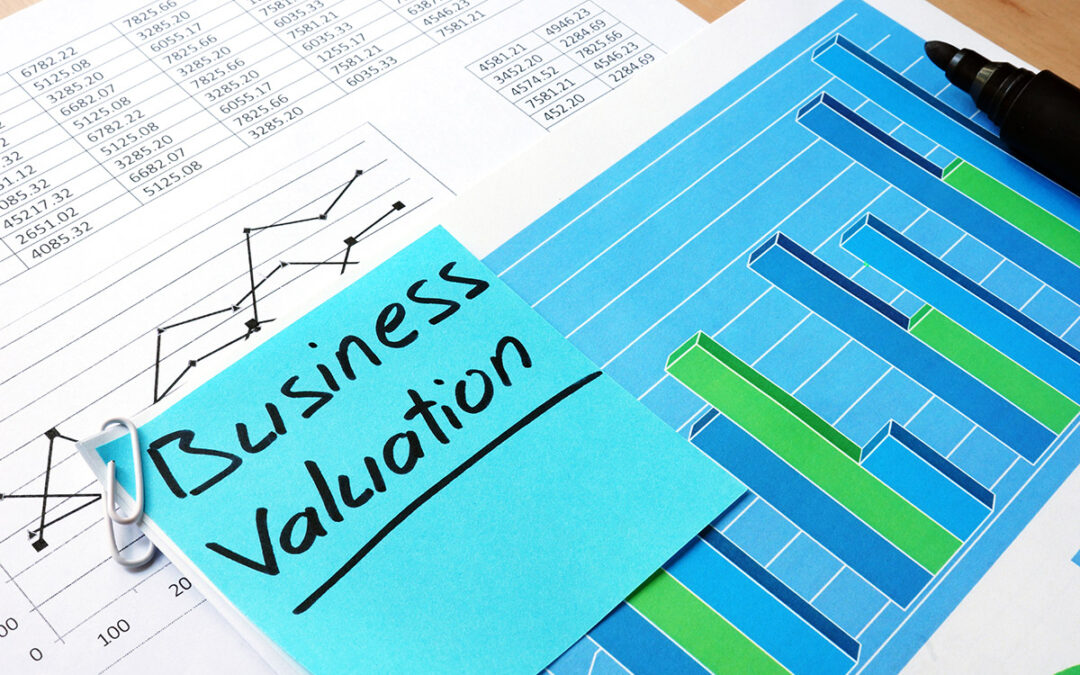Earnings Multiplier
Earnings multiplier is one approach that companies use in the process of business appraisal. It is a variation of the price-to-earnings ratio that is particularly common when determining value for public companies. With an earnings multiplier, a company determines their earnings over a period of time relative to the price of the company overall. Then, they compare that return on investment to the current interest rate. The current interest rate is a measure that determines how much money a person would make if they invested a particular amount in a government bond that had a guaranteed return.
This approach to business appraisal is particularly helpful for companies that are potentially being sold in a time of high inflation. It is also effective for companies that have a potentially high level of risk associated with their business. The upside of investing in the company becomes clear when one looks at the potential returns compared to a staid investment.
Discounted Cash Flow
Discounted cash flow (DCF) is another common technique used for business appraisal. This approach involves calculating the value of a business by projecting future cash flows and then adjusting them to the present. It measures how much money a company is projected to make over the term that the owner will potentially have it. DCF is a helpful way of valuing a company that does not have a large base of assets or liabilities.
In their early years, the vast majority of companies operate at a loss as they build their customer base and work out all of their supplier relationships. Even some of the world’s largest and most successful companies technically operate at a loss. But these companies can garner stockholder attention and still become enormously profitable for buyers. They may have intellectual property or technology patents that they have not found the best way of utilizing. DCF helps companies show these potential gains and present a better picture of the current value of the company based on its potential to grow.
Book Value
Book value is also used for business valuation for a number of companies. It is another one of the more simplistic approaches to valuing a company. When calculating book value, the accountant brings together all of the assets that the company has and calculates their value. They balance this amount with the liabilities that the company also owes. The total is the entire value of the company. This process may involve several rounds of business appraisal. In some instances, a company that has many locations may need to learn the values of each location. They may need to calculate depreciation of equipment and specific liabilities from different vendors. In those cases, the valuation Monterey County process may not be as easy as simply plugging in values from a balance sheet into a calculator.
This method is particularly effective for companies that are capital-intensive or have been established for a significant amount of time. These companies have shown the track record of their success by the amount of assets they have accumulated. In some instances, the specific liabilities that they have taken out may be helpful. An attractive line of credit or a long-term contract with a supplier may indicated that a number of other players might consider a company to be valuable.
What to Do About Business Appraisal
Any business owner who is looking to value their company needs to interrogate the reasons for that valuation. They must decide if they are trying to sell their company, navigate tax implications, or negotiate some sort of loan or cash infusion. This thought process is essential for determining the best possible approach to business valuation. Next, the business owner has to look at the kind of company that they own.
A long-established company with numerous assets and liabilities should likely use the book value method. This method will easily display what they have and give a clear picture to potential buyers or banks. Smaller, less-established companies may need to use the earnings multiplier or DCF. Business owners do not have to go through this process alone. A trusted accountant can help them determine their earnings and assets and carry them through the valuation process.
The valuation process for any company can be a fraught one. It can take months and cause an inordinate amount of stress for the players involved. Fortunately, no business owner has to go through this process alone. They can work with an accounting partner like Savage Accounting. These professionals have spent their careers helping businesses determine their worth and prepare themselves for the future. They are essential to helping a company through the potentially complex and tiresome task of business valuation.

